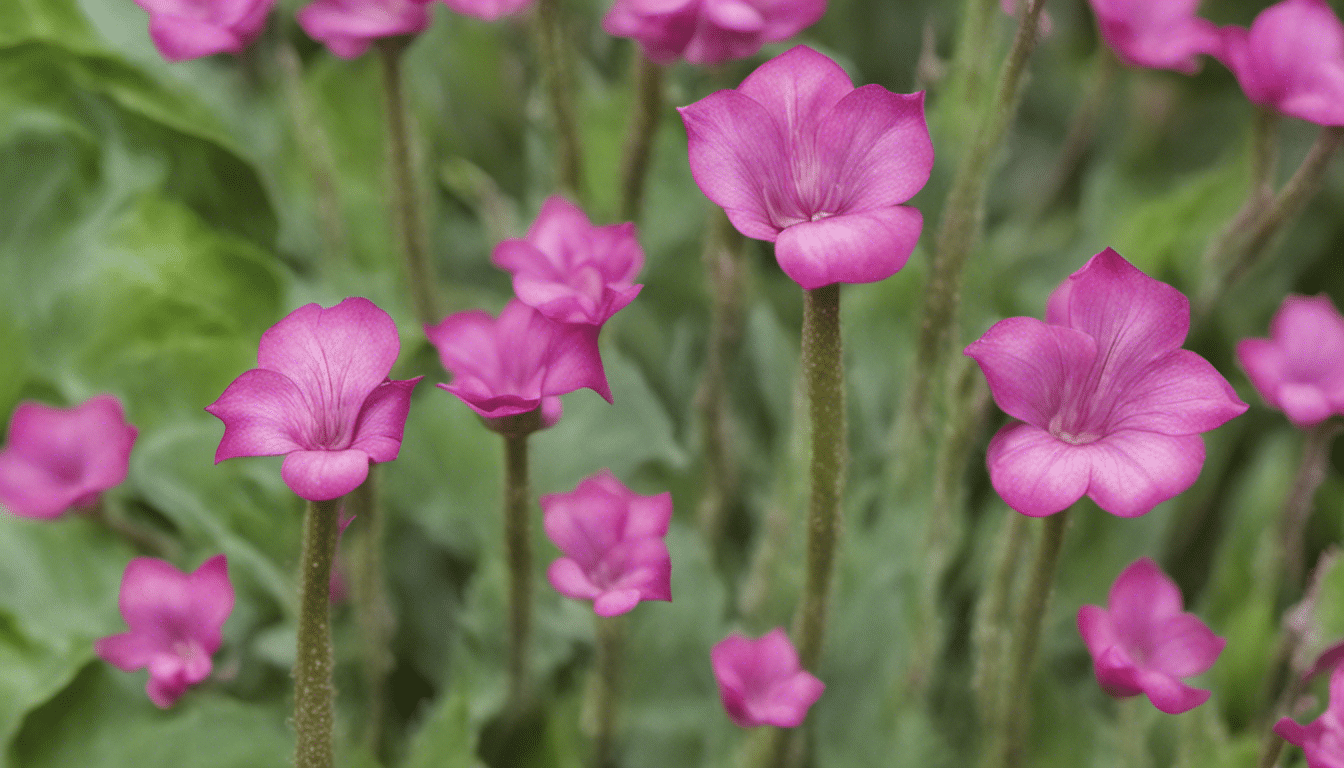All About Asiatic pennyworts
Introduction to the Asiatic Pennywort
The Asiatic Pennywort, scientifically known as Centella Asiatica, is an herbaceous perennial plant native to the wetlands of Asia. It is highly valued for its medicinal properties and its potential to deliver a wealth of health benefits.
Notably, the Asiatic Pennywort has a long history in the traditional medicine of countries like India, China, and Indonesia. More recently, its popularity is soaring in Western countries as scientists continue to investigate and confirm its health benefits.
Nutritional Value and Health Benefits
Asiatic Pennywort is packed with nutrients. The plant is rich in antioxidants, including vitamins C and E, which protect the body against damage caused by free radicals. It also contains beta-carotene, a precursor of vitamin A, responsible for health benefits such as improving vision and promoting healthy skin.
In addition to its antioxidant content, Asiatic Pennywort is a fantastic source of essential minerals. It contains calcium, which is needed for bone health, and iron, which promotes adequate blood circulation.
Thanks to its medicinal properties, the Asiatic Pennywort delivers several health benefits. For one, it supports brain health by improving memory and cognitive function. Additionally, it helps with anxiety and is used in the treatment of mental disorders such as depression and Alzheimer’s disease. The pennywort also strengthens the immune system and promotes detoxification. It carries anti-inflammation and anti-viral properties, too, making it a solid ally for overall health.
How to Use Asiatic Pennywort
Given its numerous health benefits, it’s worth incorporating the Asiatic Pennywort into your daily routine. Most commonly, the plant is consumed as a tea. Simply boil the leaves in water, strain the mixture and enjoy. The pennywort also can be enjoyed raw in salads, or as a cooling garnish for spicy dishes.
Whether you’re an experienced food explorer or a newbie looking to broaden your horizon, Asiatic Pennywort, with its rich nutritional profile and potential health benefits, makes a worthwhile addition to any diet.
For additional in-depth information on the Asiatic Pennywort, visit the National Center for Biotechnology Information.
Asiatic pennywort Recipe Ideas
- Pennywort Juice
- Pennywort Smoothie Bowl
- Pennywort Stir Fry
- Pennywort Salad
- Pennywort Soup
- Pennywort Tea
- Pennywort and Ginger Drink
- Pennywort Sambal (Spicy Indonesian salad)
- Pennywort and Cucumber Salad
- Pennywort Tofu Stir Fry




